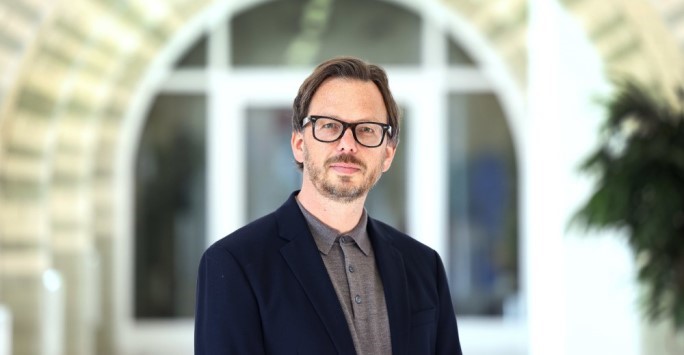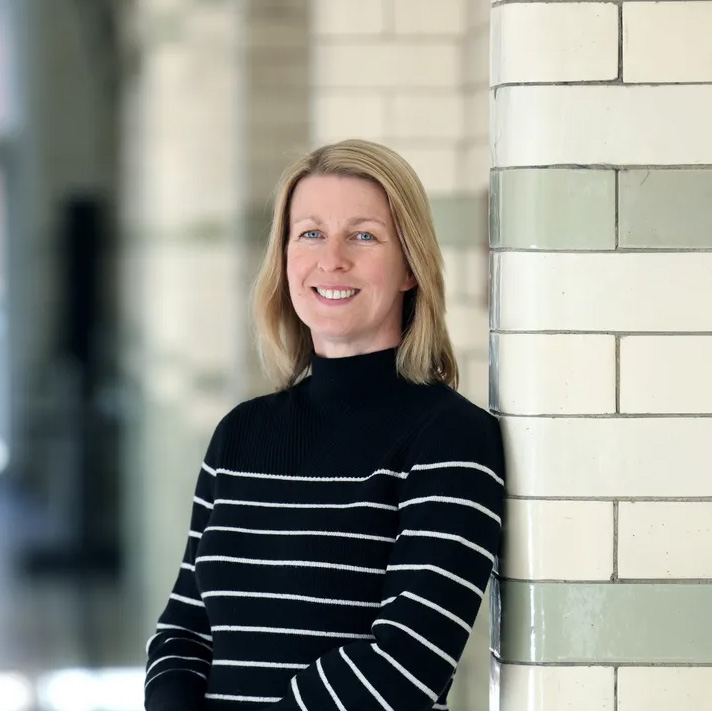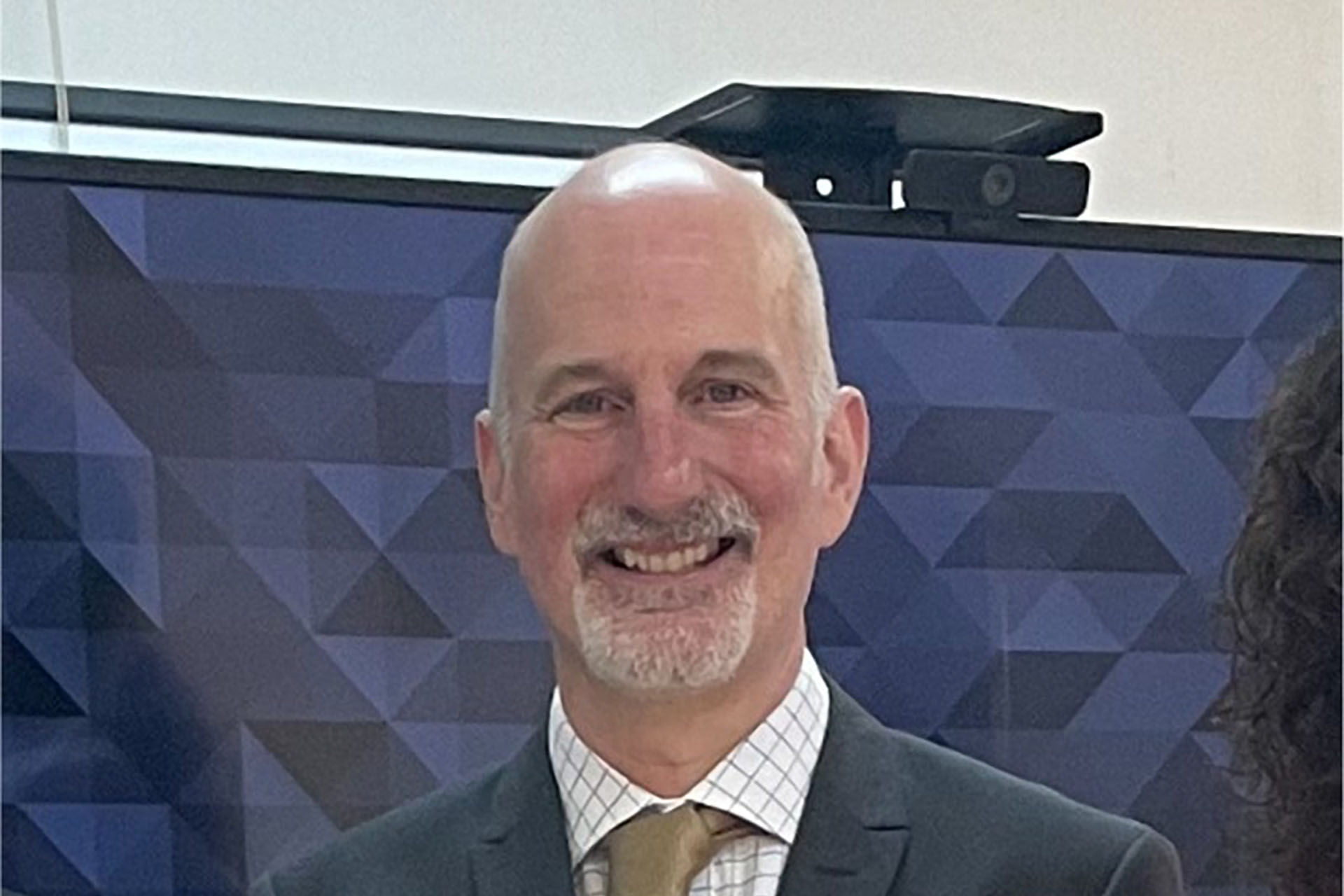WHO Collaborating Centre for Policy Research on Determinants of Health Equity
WHO Collaborating Centre for Policy Research on Determinants of Health Equity, supports the World Health Organisation to investigate the social dimensions of ill-health, in particular social pathways to and from health inequalities and what can be done about them.
Collaborating to improve global health
We carry out international research on the causes and consequences of health equity working closely with the WHO European Office for Investment for Health and Development. This supports policy action and progress towards health equity across WHO member states. Through the centre we contribute to knowledge exchange initiatives and the development of guidance on tackling health inequalities. With international collaborators we investigate how health and social welfare systems can reduce health inequalities finding ways for research evidence to get to where it can be most useful in informing policy-making and public health practice.
The Centre’s work for WHO has encompassed a full range of issues from ethics to action, including concepts and principles of equity for health, strategies for tackling social inequalities in health, developing indicators of policy progress across Europe, providing guidance to support European policymakers to improve the design and implementation of policies to reduce inequities in health.
World leading researchers
The World Health Organisation Collaborating Centre for Policy Research on Determinants of Health Equity, hosted in the Department of Public Health, Policy and Systems, was founded in 2005 by Professor Dame Margaret Whitehead. She led the centre from 2005 to 2020 and her work with the WHO has spans four decades and takes in local, national and international research; her work has influenced global policies on health equity across WHO member states. Her early work with the WHO included the ‘Dahlgren and Whitehead model of the Main Determinants of Health’, which is the most widely used model of its kind and was chosen by the UK’s Economic and Social Research Council as one of the 50 key achievements over the past 50 years of social science research.
The Centre’s Director is now Professor Ben Barr, who took over from Professor Dame Margaret Whitehead in 2020. He has worked in public health at local, national and international levels for many years and an advisor to the WHO on Health Equity.
Driving change from the front
We are the scientific lead for the WHO Europe Health Equity Status Report Initiative. The European Health Equity Status Report is a formal WHO EURO instrument used to regularly measure progress and identify regional priorities in reducing health inequities. It is a Flagship initiative contributing to the implementation of WHOs commitments to Member States to reduce health inequities as set out in the RC Resolution EURO/RC69/R5. It is a policy advocacy tool promoting action on health equity and wellbeing in WHO European Region member states. The 2025 HESRi updates the previous HESRi published in 2019, which set a baseline for monitoring health equity status and policy action within countries of the WHO European region.
Working with the CLEAN-Air(Africa) programme we aim to Inform national policies to scale up access to and adoption of clean household energy. The work of CLEAN-Air(Africa) demonstrates the positive impacts on health and climate from populations switching to clean household fuels and strengthens health systems to empower community led prevention to fight against household air pollution. This work supports the application of WHO Guidelines for indoor air quality: household fuel combustion to tackle health inequity: Health systems Capacity Building for improving health equity by reducing household air pollution(HAP) in disadvantaged groups.
The World Health Organisation Collaborating Centre for Policy Research on Determinants of Health Equity supports the training of the public health workforce of the future. Public Health Registrars regularly take part in placements with the centre as part of their training, providing a unique opportunity to work with the World Health Organisation and influence international policy on health inequalities.



